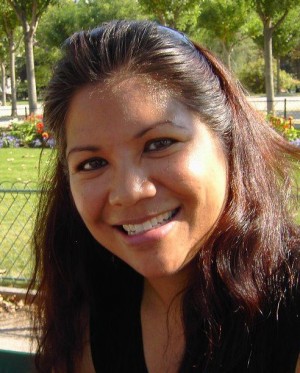From The Heart
The African proverb “it takes a village to raise a child” is especially true in raising a child to be bilingual. As a mother raising her son to be bilingual English/Spanish in a Spanish speaking country, I have encountered many challenges, frustrations and misunderstandings along with successes. One thing is for sure, these successes would not have happened without a network of resources (villages) around us…
Upon moving to Spain 13 years ago I had a vague idea of the trials and tribulations that go with establishing oneself in a new country. When my son was born eight years ago, I realized that I had no idea about the challenges facing expat parents trying to raise their children bilingually.
Like many children brought up bilingually, my son needs English for family reasons. His grandparents, aunts, uncles and cousins in the USA do not speak Spanish so a command of English is essential for him to communicate with them.
With my work in the English teaching field, I have taught countless executives and other adults from many countries how to communicate in my native language. However, this is the first time I’ve raised a bilingual child! In researching bilingual development in children, one thing became clear: the need to create an English speaking “village” for my son where he would hear other English speakers and interact with children like him – those who have been exposed to English from a young age and use English as a method of communication with one or both of their parents.
In 2007, when my son was just starting to walk, a few expat parents joined together to create Northern Stars – a group of families dedicated to raising our children bilingually. Over the past seven years Northern Stars has become this English speaking village for my son and hundreds of other children in Madrid. As a result, I can proudly say that my son is bilingual in English and Spanish. He is a competent reader and speaker (yes, that is my son, Ángel, in the video) of the language of Shakespeare and Cervantes.
Yet, my ex-
It’s well documented that bilingual children, when put with other children whose competence in English is not as strong, will default to the stronger language of the other child. Yet, when they are with other competent speakers of English, they are motivated to use that language. Of all the respectable camps that carry out their programs in English in Madrid, none cater specifically to those children who already speak English from a young age. Iberenglish’s program, Hands On English®, has been carefully designed to encourage budding bilinguals to use their English skills naturally and strengthen their confidence and vocabulary in this language. With this third edition of Kids Fun Ideas® camp, the children will continue to build on their fluency skills in English – all the while playing and having fun.
This is a personal project for me – the result of a long journey. Like you, I appreciate and value the bilingualism in my child. I encourage you to get to know this project and join us this summer as the children play, do sports, sing, dance and do craft activities ALL IN ENGLISH!
Rebecca Gaspar
Director of Iberenglish LP
C/ Mundillo 3 -
Tel: 93152143

 English
English Spanish
Spanish